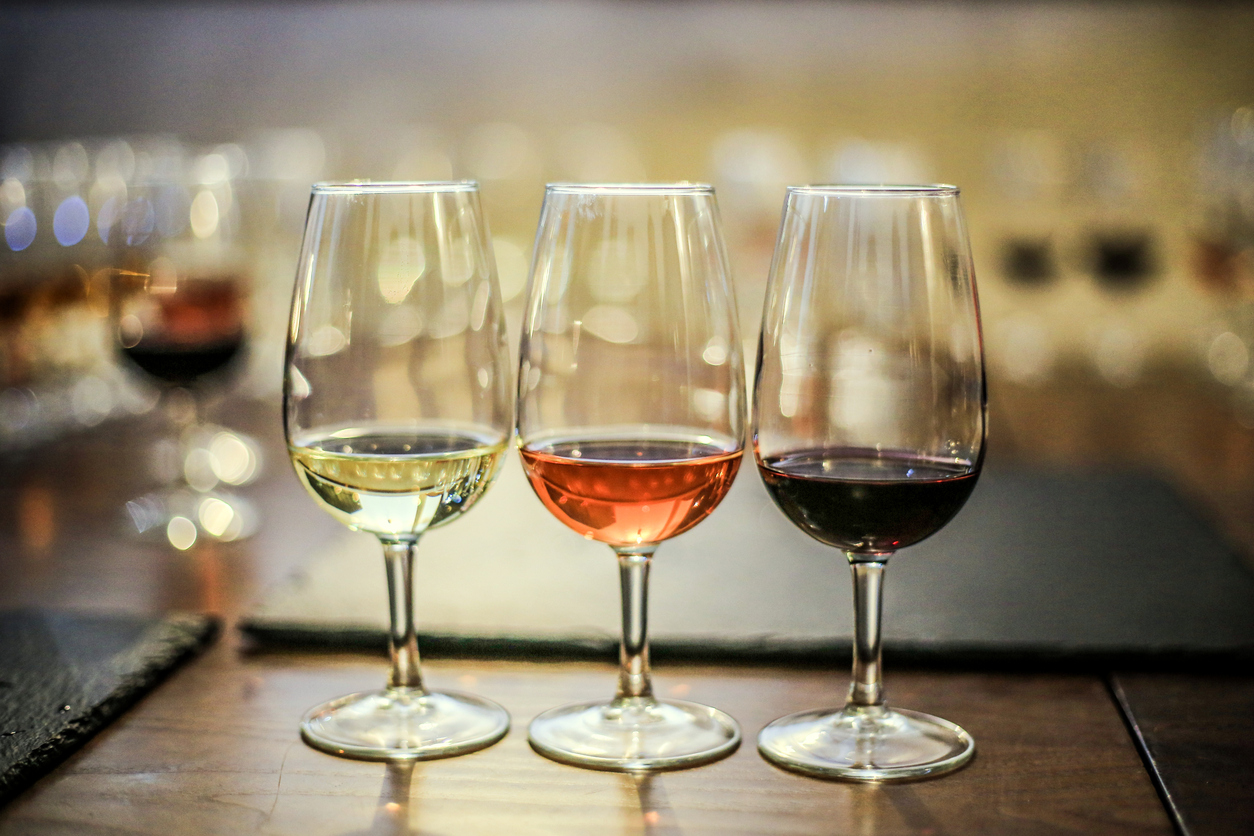Investing in fine wine is popular among grape aficionados, fund managers and laymen alike, and there’s reason for that. It can be an enjoyable and profitable journey if done correctly and approached with the right attitude.
Here’s some of our top tips that’ll help get you started along the right track:
DO
Read what critics are saying
Trust critics; they know what they are talking about. It can often be best to stick with just one or two trusted critics, as (as with anything involving matters of taste) disagreement is often rife, and this can get a little confusing, particularly if you’re just starting out. However, you’ll find that certain types of wines (whether that’s certain grapes, vintages or certain vineyards) will consistently be well received.
Keep your wines in a private account in a professional facility
Wines not kept in bond are effectively worthless. In order to protect your wine, and its value, you should make sure that you keep it under your own name in a reputable facility, and you should insure it to its full value.
Be patient & think long term.
It can be easy to get caught up in hype within the market, but you should always aim to keep a cool head and think long term. Wine is considered a reliable investment, with the market often seeing several consistent months of growth. But don’t get overexcited.
As Nick Gibbs over at UK Agora tells his clients: “Don’t buy fine wines simply because the market is on the up. Have a long term view”.
DON’T
Buy more than you can afford to lose
It’s important to remember that, as with any form of investment, by buying wines to sell on and profit from you are, effectively, gambling, and you should act as such. Don’t get wedded to potential gains, or devastated by losses, and only spend what you can afford to throw away.
Get over excited about en primeur wines
You’ll often get the chance to invest in wines en primeur – meaning that they are still in the barrel, yet to be bottled. Wines are tested generally after around 6 months of maturing in barrels, at which point an en primeur price is set. Bordeaux has a particularly prominent en primeur market, though other regions are slowly catching up.
En primeur prices will typically be cheaper than when the wine is actually bottled, but there is much more risk associated with investing in these wines than in already bottled, established wines.
Expect instant, large returns
We cannot stress this enough; don’t think of investment fine wine as a one-stop shop for swift financial gains. While it is considered a very reliable investment asset, weathering even the most severe economic storms, it is still, as all investment is, to be approached with caution, patience, and understanding.
These steps do not constitute a comprehensive wine investment guide by any means, but rather should act as a primer. Read these tips, go on and read more information online and speak to brokers and merchants to get a feel for the market (though be wary of the fact that most merchants will have their profit, not yours at the forefront of their mind) and hopefully you’ll be ready to embark on a fruitful voyage across the high seas of investment wine.



 Bitcoin
Bitcoin  Ethereum
Ethereum  XRP
XRP  Tether
Tether  Solana
Solana  USDC
USDC  Lido Staked Ether
Lido Staked Ether  TRON
TRON  Cardano
Cardano  Avalanche
Avalanche  Toncoin
Toncoin